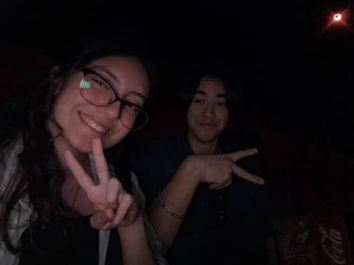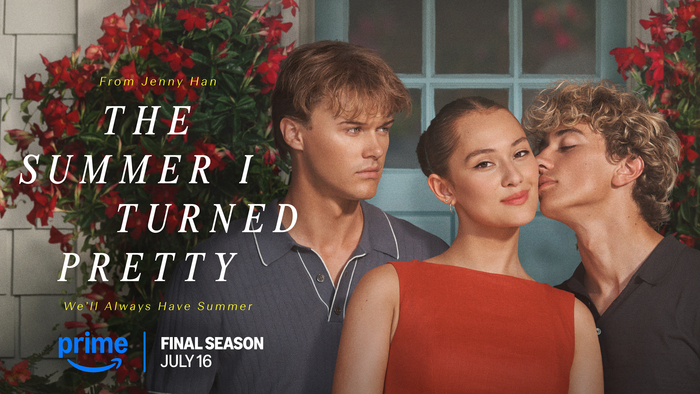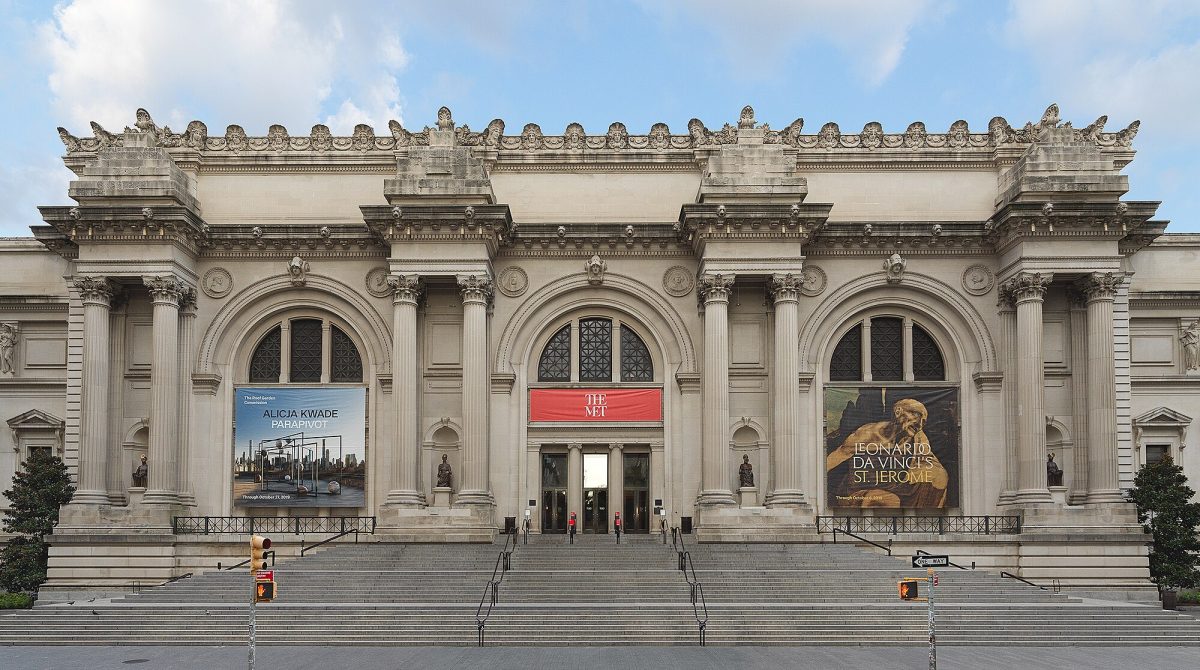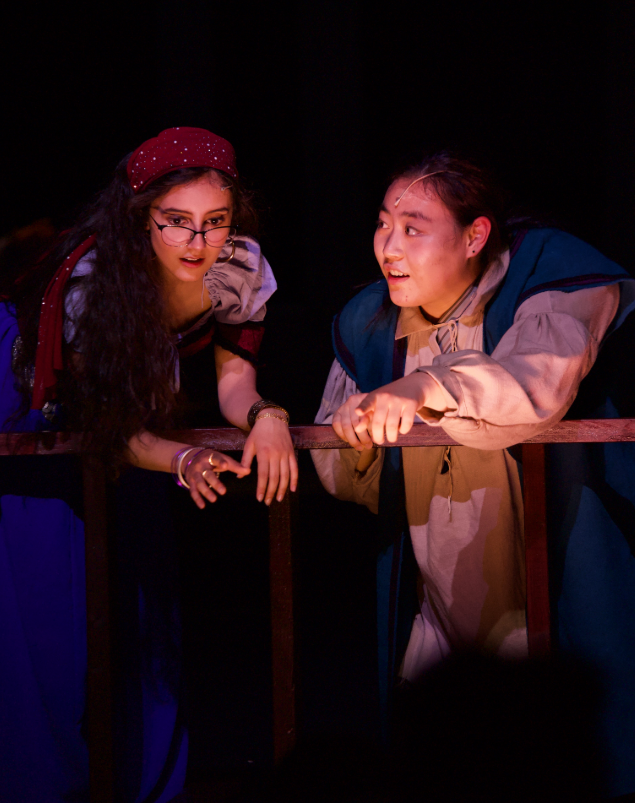By Chloe Morales | Staff Writer
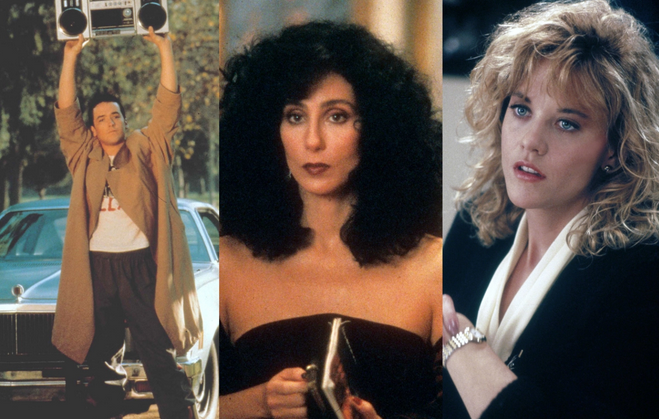
For years, romantic comedies have set unrealistic expectations for those on the quest for love. These movies give people hope that someone will stand outside their window with a boombox, sprint across an airport to stop them before they board their plane, or stand in the rain while they confess their love. Unfortunately, boomboxes are outdated, Los Angeles has too much traffic to make it on time to the airport, and rain is sparse.
Giving false hope to moviegoers is not the only thing wrong with romantic comedies. The majority of these movies cast leads that are skinny, caucasian, heterosexual, and able-bodied. By doing this, it perpetuates the idea that only a select group of people are deserving of love.
Romantic comedies are high in demand, streaming on sites such as Netflix and Hulu. From “The Notebook” to “There’s Something About Mary,” there is a wide variety of romantic comedies that exist.
Even with a plethora of movies available, those who are people of color, a part of the LGBTQ community, have disabilities, or are plus-sized women rarely see themselves cast as leads.
Last year on Valentine’s Day, Rolling Stone created a top 50 greatest romantic comedies list. Out of these 50 movies, 44 of them have caucasian leads, three include multi-racial relationships, two are led by people of color, and only one represents a relationship with members of the LBGTQ community.
In Bustle’s compiled a list of nine movies featuring a plus-sized lead, two of those leads were played by Queen Latifah.
Although the big screen rarely sees plus-sized women, movies such as “Knocked Up” featuring Seth Rogan and Katherine Heigl, where an overweight man makes a beautiful woman fall in love with him, reinforces the idea that men do not have to fit an unrealistic beauty standard to find love in the way that women do.
As for leads with disabilities, there is “The Fault in Our Stars,” or “The Theory of Everything,” and the television series “Atypical.” The pattern in all of these is that each lead with a disability is male and every actor was, in reality, able-bodied.
There is still a lot of progress to be made in regards to inclusivity in movies or television. Even when there are leads from these marginalized groups, they are rarely blockbuster films.
From having all caucasian leads to only giving people of color roles that sustain a certain racial stereotype, screenwriters and directors have many examples of what not to do.
Nostalgia and comfort need to be set aside when we look back at romantic comedies of the past. Instead, there needs to be advocacy for inclusivity and representation in future casts. We need to normalize the fact that romance is for everyone.
Love is not exclusive, and that needs to be the message for all romantic comedy audiences to come.


